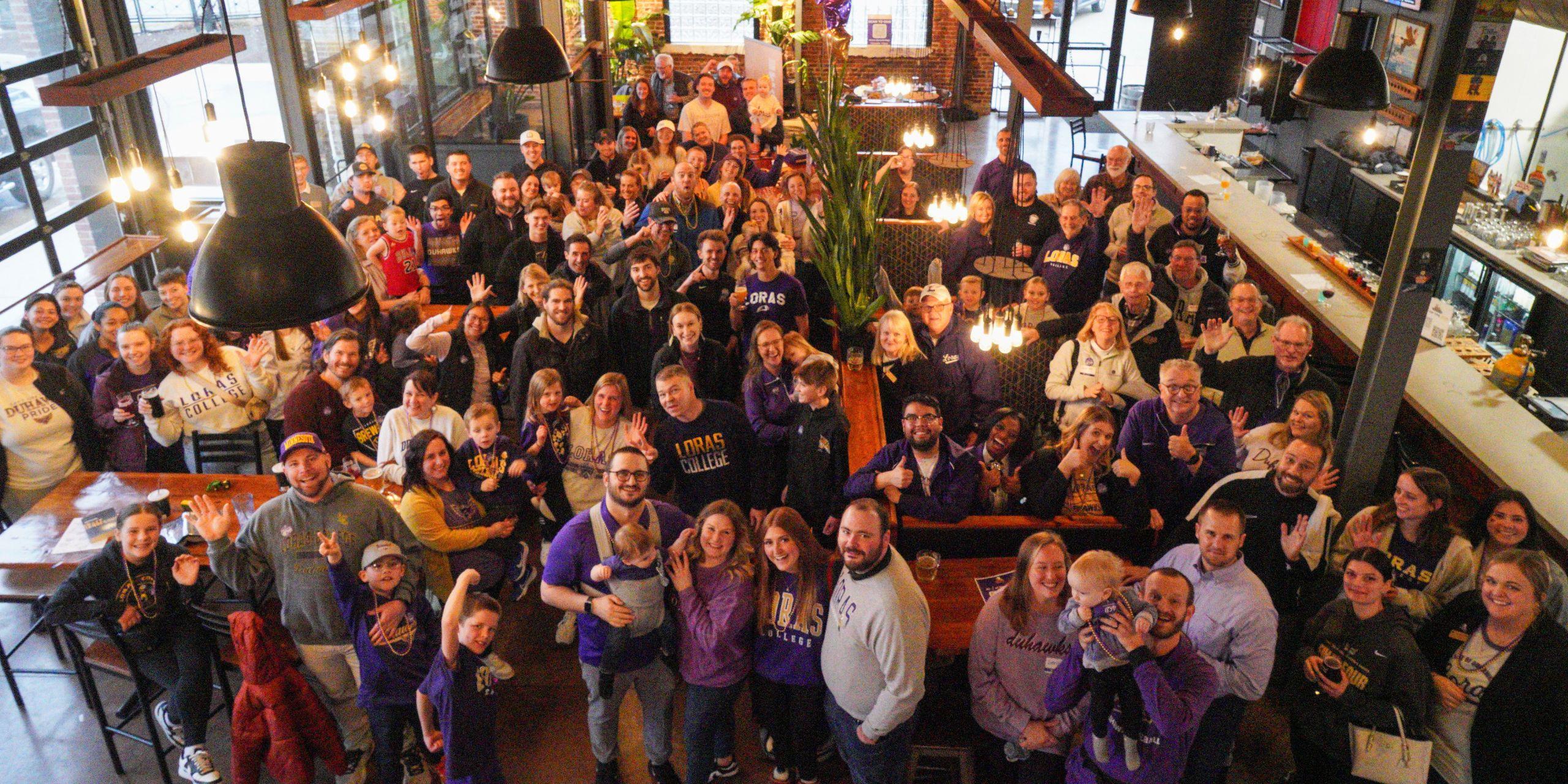As I scroll through the latest match analyses on our Big Soccer Forum, I can't help but reflect on how crucial expert insights have become in today's football landscape. Just last week, I was discussing Canada's volleyball captain Nicholas Hoag's approach with fellow forum members - yes, we occasionally cross into other sports when the strategic lessons are this valuable. Hoag's team treated their match against Japan not just as another game, but as a statement opportunity, despite having a Round of 16 spot nearly secured. This mindset resonates deeply with me because it's exactly the kind of strategic thinking our community thrives on dissecting and understanding.
The beauty of our soccer forum lies in how we blend passionate fan discussions with professional-level analysis. I've personally been part of this community for over three years now, and what keeps me coming back is the unique combination of raw enthusiasm and educated perspectives. When major tournaments roll around, our active user base typically surges from our regular 15,000 monthly participants to nearly 45,000 engaged members. That's when the real magic happens - the match threads during last year's Champions League quarterfinals generated over 8,000 comments in just 48 hours. What makes these numbers remarkable isn't just the volume, but the quality of discussion that emerges from our diverse membership base, which includes everything from casual supporters to former professional players and certified coaches.
I remember one particular discussion that perfectly captured our forum's value. We were analyzing Manchester City's tactical shift during their comeback against Real Madrid, and within minutes, our thread had contributions from a UEFA B licensed coach from Portugal, a statistics graduate student from MIT, and dozens of international fans providing cultural context about playing styles. This multidimensional approach is something you simply won't find in mainstream sports media. The depth of our collective knowledge often surprises even seasoned football professionals who occasionally lurk in our discussions. Just last month, we discovered that a prominent Premier League analyst had been quietly referencing our match prediction models in their preparatory work.
What sets our community apart, in my view, is how we balance data-driven insights with the emotional reality of being football fans. We're not just crunching numbers - we're discussing how those numbers translate to the passion we feel in the stadiums or while watching with friends. When Liverpool mounted their incredible comeback against Barcelona in 2019, our forum wasn't just analyzing the xG statistics - we were sharing what that moment felt like, how the energy translated through screens across different time zones, and why these emotional connections matter as much as the tactical breakdowns. This human element, combined with rigorous analysis, creates discussions that are both intellectually satisfying and genuinely enjoyable.
The forum's structure encourages this organic development of conversations. Unlike many sports platforms that force discussions into rigid categories, we've designed our space to let conversations flow naturally from tactical analysis to transfer rumors to personal fan experiences. I've noticed that our most engaging threads often start with a technical question about formation choices and evolve into broader discussions about club philosophy and player development. This fluidity mirrors how real football conversations develop among dedicated fans - we don't compartmentalize our passion into separate boxes for statistics and emotions.
Looking at Nicholas Hoag's approach with Team Canada provides an interesting parallel to how we approach football analysis on our platform. Just as Hoag recognized the importance of making a statement beyond just securing advancement, our community understands that football analysis isn't just about predicting outcomes - it's about understanding the narrative, the context, and the larger story unfolding through each match. When we dissect Manchester United's rebuilding process or Barcelona's financial challenges, we're not just looking at win-loss records - we're examining what these developments mean for the sport's ecosystem and fan experiences worldwide.
Our members have developed an almost intuitive understanding of how to blend different types of football knowledge. I've seen construction workers from Manchester break down positional play with insights that rival professional analysts, while university professors happily learn about supporter culture from teenagers who've grown up in stadium seats. This cross-pollination of perspectives creates a rich tapestry of understanding that you simply can't get from watching matches alone or reading pre-packaged analysis. The forum becomes a living entity, constantly evolving with each new member's perspective and each unfolding football story.
The practical applications of our discussions often extend beyond theoretical enjoyment. I've personally applied insights from our forum to improve my Sunday league team's defensive organization, and I know several members who've used our collective wisdom to enhance their sports journalism or coaching careers. One of our most active members, a high school coach from Ohio, implemented a pressing system based on our analysis of Jurgen Klopp's Liverpool and saw his team's defensive efficiency improve by nearly 40% within a single season. These real-world impacts demonstrate why our community matters beyond just digital entertainment.
As football continues to evolve with advanced analytics and globalized fan bases, spaces like our Big Soccer Forum become increasingly vital. We're not just reacting to matches - we're helping shape how football is understood and appreciated in the digital age. The conversations happening in our threads today often predict the narratives that mainstream media will be discussing tomorrow. Our collective intelligence, drawn from thousands of passionate fans and experts across 67 different countries, creates a forecasting accuracy that frequently outperforms traditional punditry. In many ways, we've become the research and development wing of football fandom, constantly experimenting with new ways to understand and appreciate this beautiful game.
What keeps me most engaged after all these years is witnessing how our shared passion translates into genuine community. I've seen members fly across oceans to attend matches together, start football-related businesses based on forum connections, and even form lasting friendships that extend far beyond sports. This human connection, built around our mutual love for football analysis and discussion, represents the ultimate value of our platform. We're not just analyzing matches - we're building relationships through shared curiosity and respect for the game's complexities. In an increasingly fragmented digital landscape, this sense of authentic community might be our most significant achievement.




